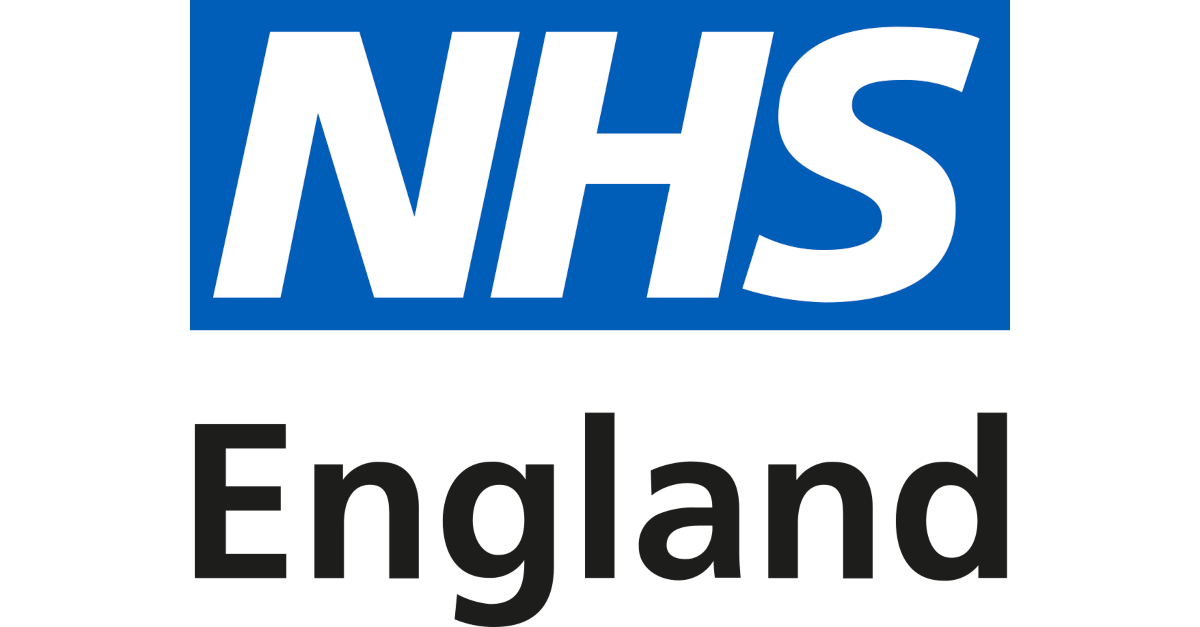Sir Jim Mackey, the chief executive of NHS England, has emphasized the critical role of technology and digital solutions in enhancing productivity and transformation within the health system. His remarks were made in a letter addressed to integrated care boards (ICBs) and NHS trusts, published on 19 September 2025.
Key Points from Jim Mackey’s Letter:
- Technology and digital solutions are essential for long-term transformation and productivity.
- Reducing investments in these areas to address short-term challenges could jeopardize long-term sustainability.
- Access to primary care is crucial for managing system pressures.
- Changes to the GP contract require practices to maintain online consultation tools during core hours.
Mackey stated, “Patients need to be able to contact their GP practice by phone, online, or in person, ensuring an equitable experience across these access modes.” He also mentioned that starting from 1 October 2025, practices must keep their online consultation tools available for non-urgent appointment requests, medication queries, and administrative requests throughout core hours.
Concerns from the British Medical Association
The British Medical Association (BMA) has raised concerns that these changes could lead to increased workloads for doctors and longer waiting lists. In a statement released on the same day, the BMA GP committee in England expressed its intention to dispute the Department of Health and Social Care and NHS England over these requirements.
Julian Coe, managing director at X-on Health, acknowledged the necessity of technology in healthcare transformation but also highlighted the need for safeguards to protect clinical capacity and ensure manageable workloads for practices.
Performance Challenges and Future Goals
Mackey noted that performance in elective and urgent care had declined slightly over the summer due to various factors, including strikes and increased demand. He emphasized the need for all providers to eliminate remaining 65-week waits by mid-December and meet the planning guidance for 52-week waits by the end of March 2026.
Dr. Eleanor Wicks, chief scientific officer at Lifeyear, commented on the dual challenge facing the NHS: improving waiting times while ensuring patient safety in the community. She pointed out that digital solutions, such as remote monitoring, play a significant role in addressing these challenges.
In conclusion, the integration of technology and digital solutions is seen as vital for the NHS’s future productivity and transformation, despite the challenges and concerns raised by healthcare professionals.
